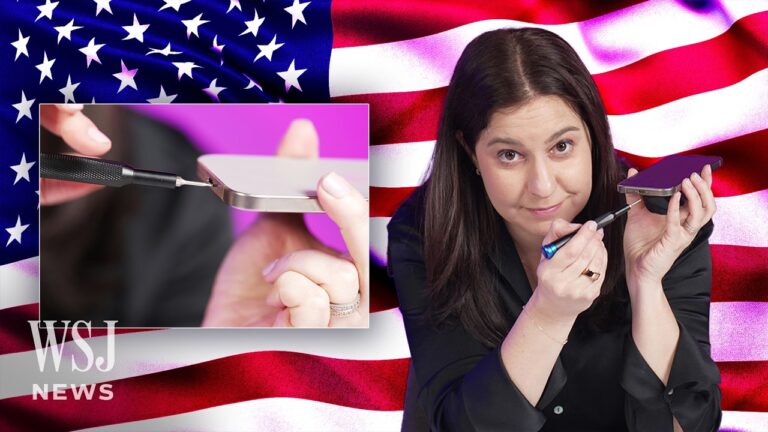Video at the bottom!
In a recent video discussion, attention is drawn to the intricate details of the iPhone 16’s manufacturing, specifically its charging port, which reveals the “Made in China” label. The commentary explores the implications of Trump’s new tariffs aimed at incentivizing domestic production. The speaker emphasizes the labor-intensive nature of iPhone assembly, while questioning the feasibility of relocating such operations to the U.S.
Apple CEO Tim Cook’s insights are highlighted, noting that China’s advantages lie not merely in lower labor costs—an outdated notion—but in the concentration of skilled workers and expertise available there. Industry experts weigh in on the challenges of establishing similar capabilities in America, cautioning that significant time, money, and specialized knowledge will be required to reach the necessary scale and quality. They estimate that this transition could take three to five years for various products.
Despite the push for American manufacturing, uncertainty looms over the future pricing of iPhones. Current estimates suggest that the cost of assembling a 256-gigabyte iPhone 16 Pro, accounting for tariffs, could rise dramatically from around $580 to $850. With Apple currently selling the device at $1,100, potential price increases could be on the horizon. The company has not disclosed any specific plans regarding this matter, leaving consumers to ponder various scenarios—whether Apple will absorb costs, seek exemptions, or if a shift toward used iPhones could become a trend. The video concludes on a light-hearted note, playfully reiterating the notion of “little, little screws” as a nod to the intricate assembly process.


